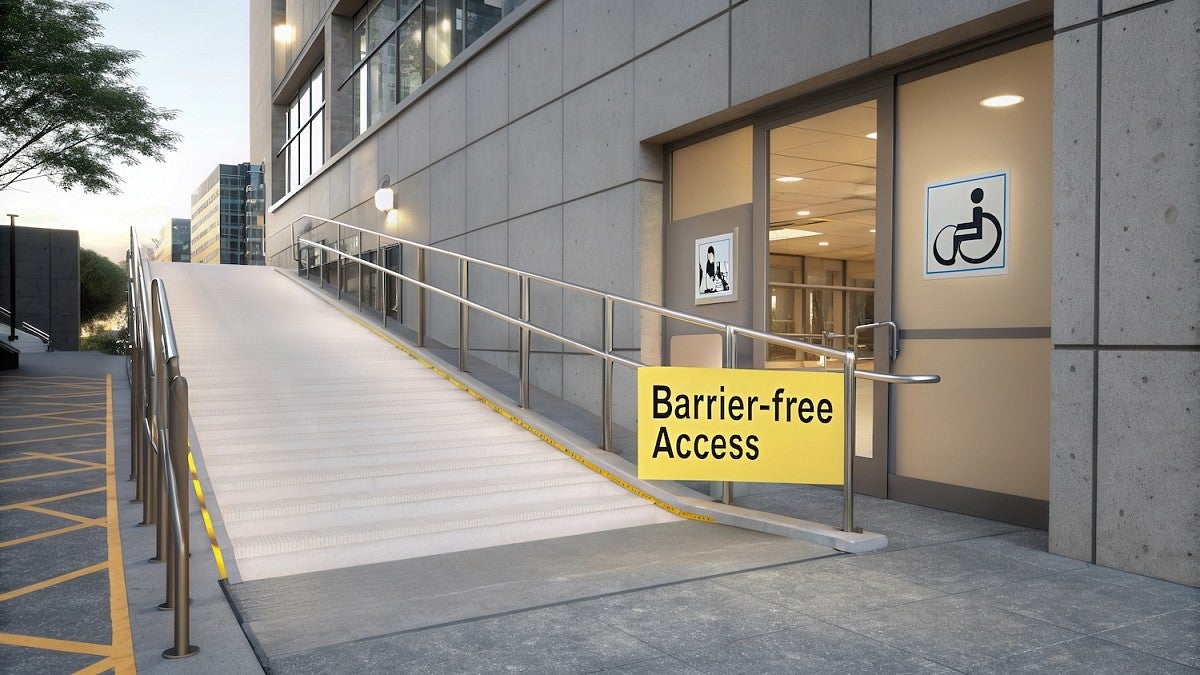
Oct. 9, 2025 - 9:00am
Core education is two things at once: a chance to explore new subjects and an opportunity to prepare for success in college. Some classes are pick and choose, giving students the freedom to pick what they want to explore. Some others are mandatory, such as compositional writing.
In core education composition writing classes, students practice a variety of writing genres, learning to engage with a variety of scholarly and public, and even primary sources. In some composition classes, students collect ideas and content for their writing through practices like interviews, surveys, observations or a special project. Students required to take these core education classes must take WR121Z and can choose between WR122Z and WR123 for their second mandatory writing class. After a recent curriculum update, WR123 provides more hands-on learning experience, practice with research and a community engagement focus.
New graduate Ryder Quon says he likes the direction that WR123 is going because he felt writing classes in high school and college didn’t necessarily prepare him for the profession a student might be going into.
“This change allows students to get applied experience while getting academic credits, which is nice because finding opportunities to apply what you learn in college is usually reserved exclusively for research or internships. And those are competitive and hard to get sometimes.”
Assistant Teaching Professor Addison Koneval taught one of the WR123 options for three terms in the 2024-2025 academic year and chose a specific focus for the students in the course.
“The curriculum of 123 is designed to explore and experiment writing through the lens of community engagement,” said Koneval. “The ethos behind that is to give students real stakes with the work that they're doing in the class.”
Community engagement can go in a lot of different directions, but Koneval has some background in disability studies and wanted to bring that to the classroom.
“In trying to think about what works well for community engagement, I generally try to design my classes around schemes that lots of people can connect to,” she said. "The goals in 123 are to prompt students to first have real stakes for their audience, and two, to really explore what it means to be a part of the community. We want to give students a place to understand what community means and see themselves as a community member of UO.”
The impact? Students’ final project in the class is to conduct an accessibility audit on the UO campus to evaluate how accessible the campus is.
“In the accessibility report students ask, ‘Who was this space not designed for?’ ‘What actions can we take as community members to support accessibility and radical inclusion?’ Through questions like this, students in WR123 examined and took up local issues through a lens of disability justice,” said Koneval.
To increase the connection to community, Koneval approached the AccessAbility Student Union and invited some of its members to serve as consultants for the class. This is where she met Luna Fera, a senior majoring in psychology and minoring in disability studies and creative writing, and Quon, who graduated with a bachelor’s in psychology and a minor in economics.
To help students consider what to look for, Fera and Quon came to class, introduced themselves and shared information they thought was important for students to consider when evaluating accessibility.
“We came to introduce the topic and speak more on an accessibility front. And in that, we also talked about how they can help talk about it more,” said Fera. “I told them to not only be aware of their surroundings and how it affects disabled populations, but also how helpful it is to be there to back us up so that when we do want to change things, or when we're trying to put pressure on such a huge institution as UO, that we have able-bodied populations with us so that it is not just a minority topic.”
Accessibility is an issue for a significant portion of the UO’s student population. Based on a survey the Accessible Education Center and Teaching Engagement Program sent to the incoming 2023-2024 class, 46.5% of incoming UO undergraduates reported having a disability.
“It was extremely eye-opening for students because Fera and Quon brought things to their awareness they may have never considered before,” said Koneval. “And afterward, the visit spoke volumes about its impact, especially in students’ end-of-term reflections. Many shared how the talk prompted them to regularly notice things about accessibility they hadn’t considered before.”
While the final project in WR123 isn’t set in stone, Koneval sees herself keeping the focus on accessibility in the courses she teaches for a long time.
"The topic is an especially valuable one right now in the backdrop of larger political, even social and technological conversations about how we connect with others and find community out of this,” she said.
—By Jenny Brooks, College of Arts and Sciences
